EERA Blog
European Educational
Research Association
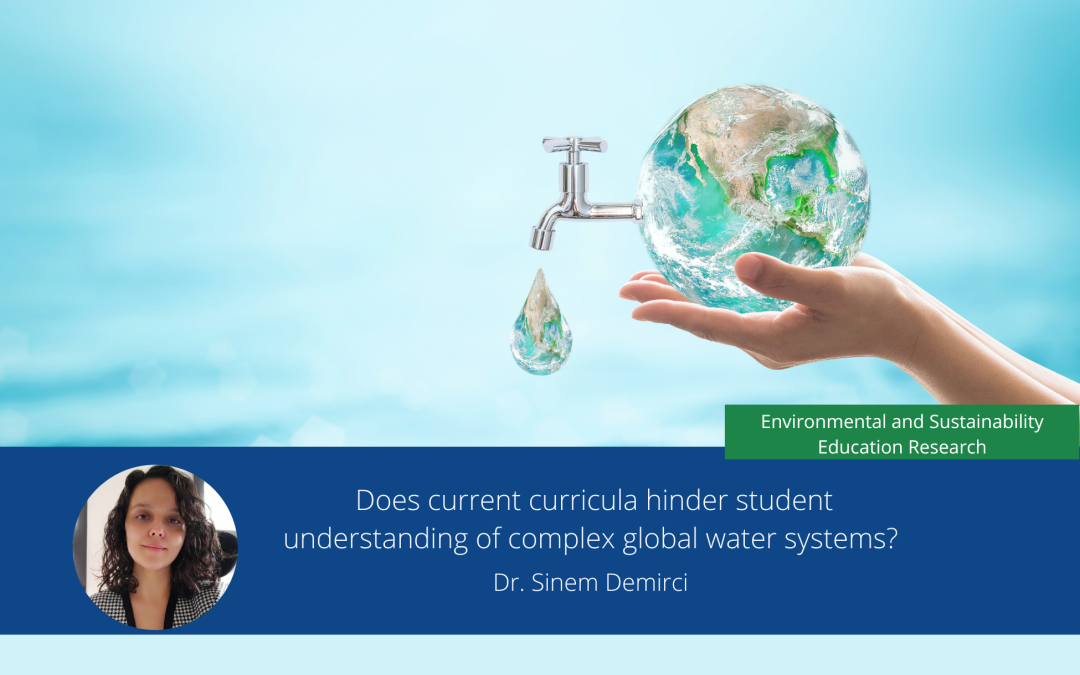
Do current curricula hinder student understanding of complex global water systems?
Students may struggle to grasp the dynamic and complex interactions among (in)direct water use, local, and global water issues. We are failing to teach young people how water systems work, how we engage and affect those systems, and how we ensure the sustainability of these systems, argues Dr Sinem Demirci
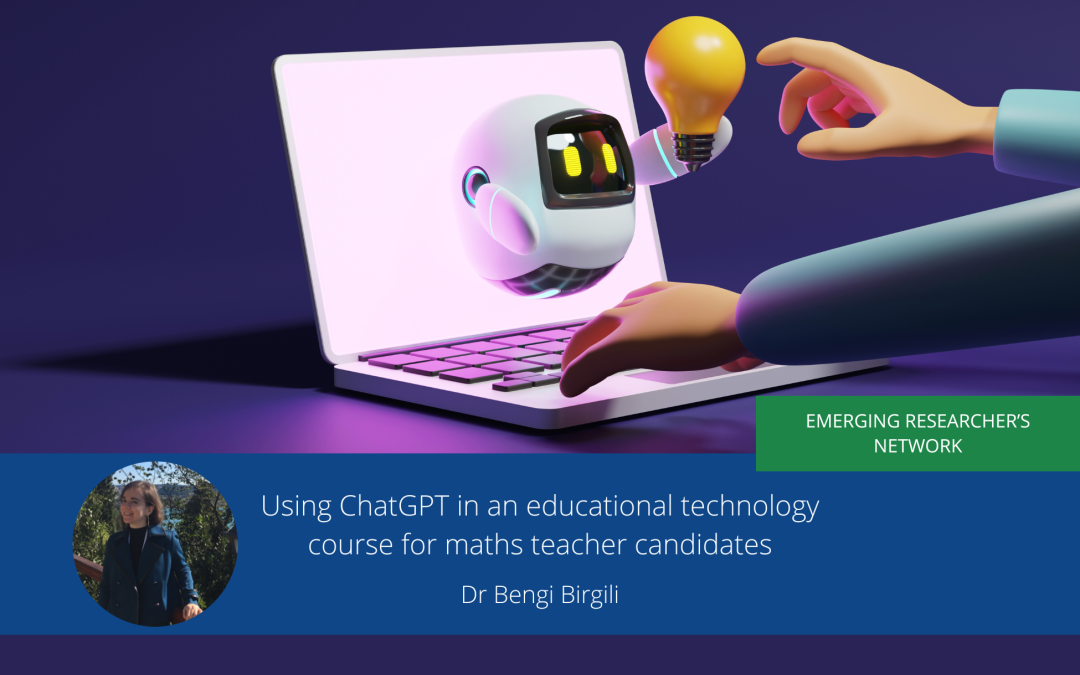
Using ChatGPT in an educational technology course for maths teacher candidates
Teacher candidates can benefit from ChatGPT when used for the right purposes, but students should be aware of the limitations of AI tools and the importance of verifying the information provided with other sources.
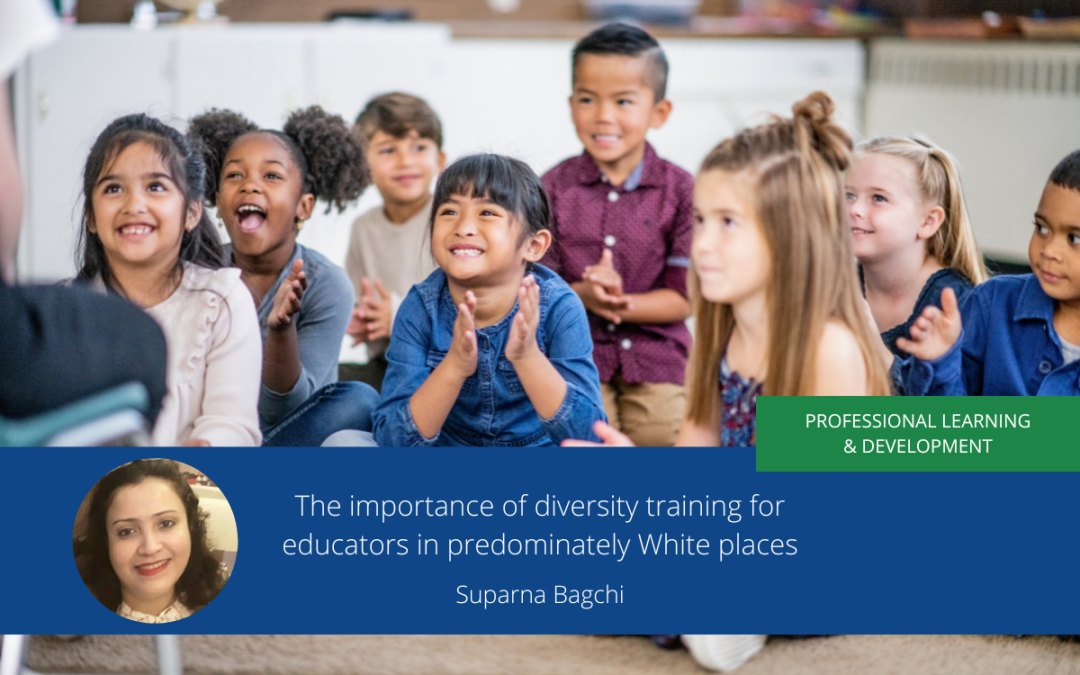
The importance of diversity training for educators in predominately white places
There is often a misconception that only schools with high ethnic minority populations or those situated in multicultural places need multicultural awareness. These topics are equally important in predominantly White places in Britain, and school curriculum and atmosphere need to offer race-sensitive multicultural reflection, while practitioners need training and preparedness to equip them with relevant knowledge, skills, and confidence.
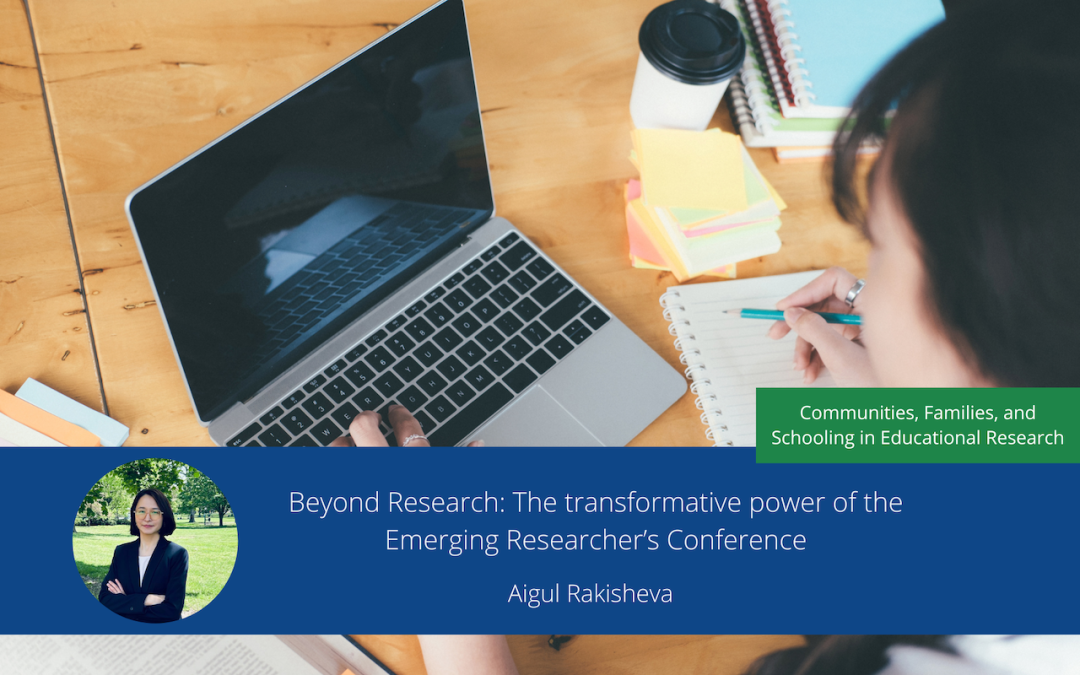
Beyond Research: The transformative power of the Emerging Researcher’s Conference
Engaging with ERGs/ERCs provides valuable networking and collaborative opportunities with fellow researchers and education experts, says 2022 Best Paper Award winner Aigul Rakisheva.
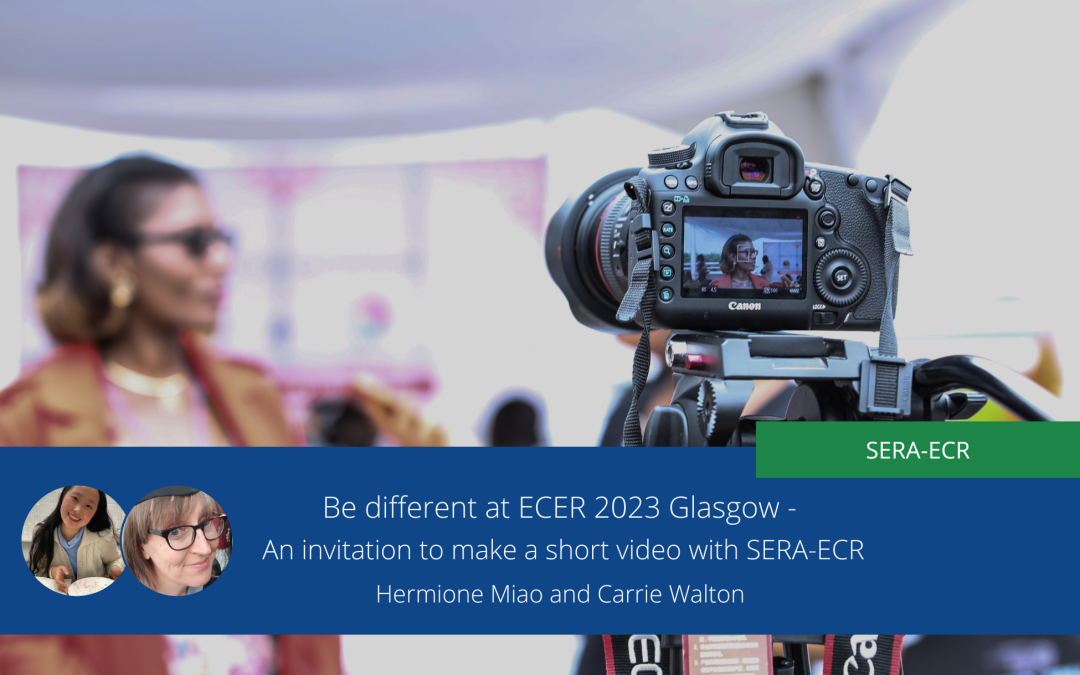
Be different at ECER 2023 Glasgow with SERA-ECR
The Scottish Educational Research Association Early Career Researchers (SERA-ECR) invites attendees of ECER in Glasgow to participate in a fun and thought-provoking video series.
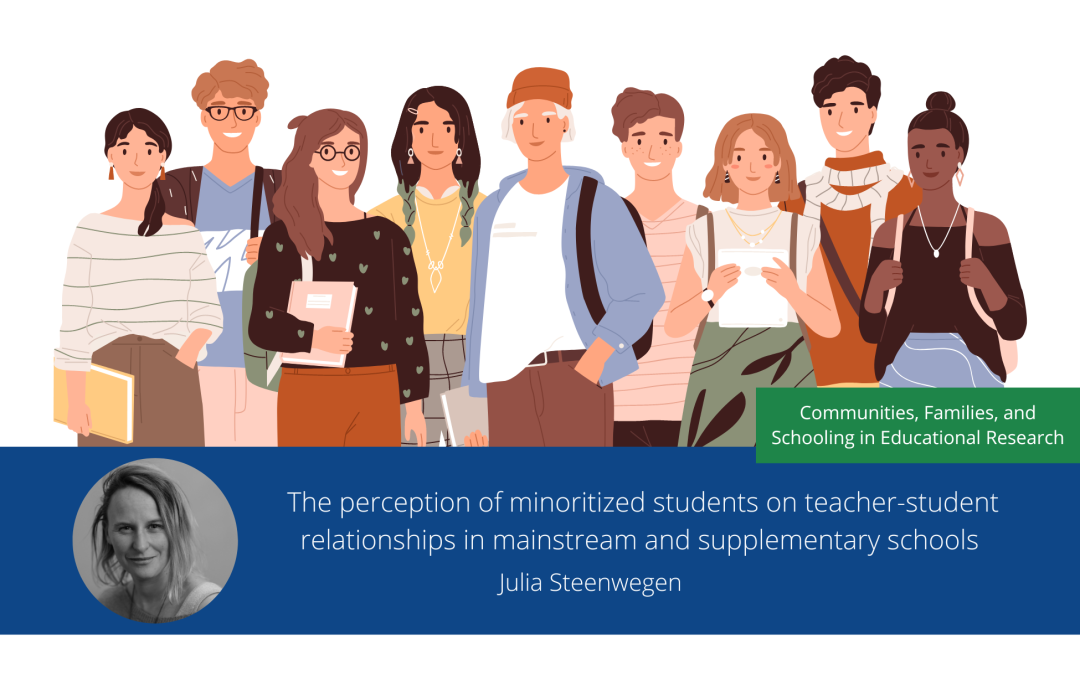
The perceptions of minoritized pupils on student-teacher relationships
Supplementary schools pose an interesting vantage point from which to study the perspectives of minoritized pupils. For example, pupils describe that they feel better emotionally supported by their teachers in the mainstream school when they show an interest and open attitude towards their ethno-cultural background.
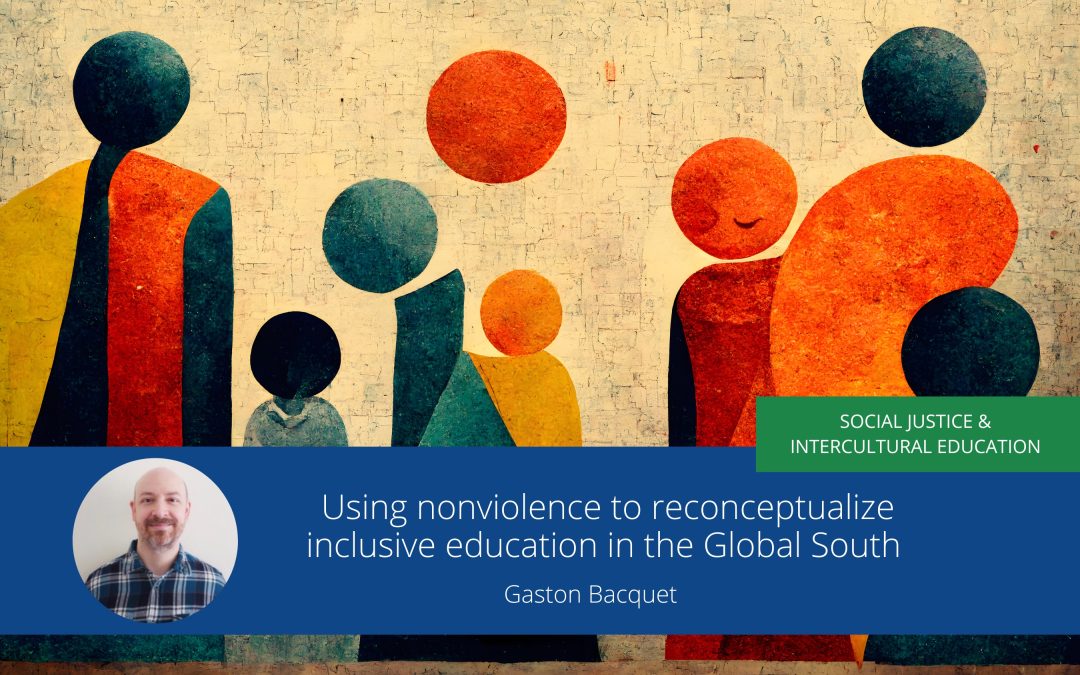
Using nonviolence to reconceptualize inclusive education in the Global South
My doctoral research has been exploring how developing a philosophy of nonviolence can help offset discrimination and exclusion in Chile, a country that has attempted to tackle the issue of inclusiveness through a Global North narrative that has focused primarily on disability and special needs. This blog post explores how nonviolence education can promote a sense of equality and inclusion not purely from such perspective, as has been the norm for the last two decades, but from one anchored in an understanding of cultural, economic, sexual, and ethnic diversity.Previous assumptions on inclusivityThe very nature of my research project has inclusiveness at its core; not exclusively as a...
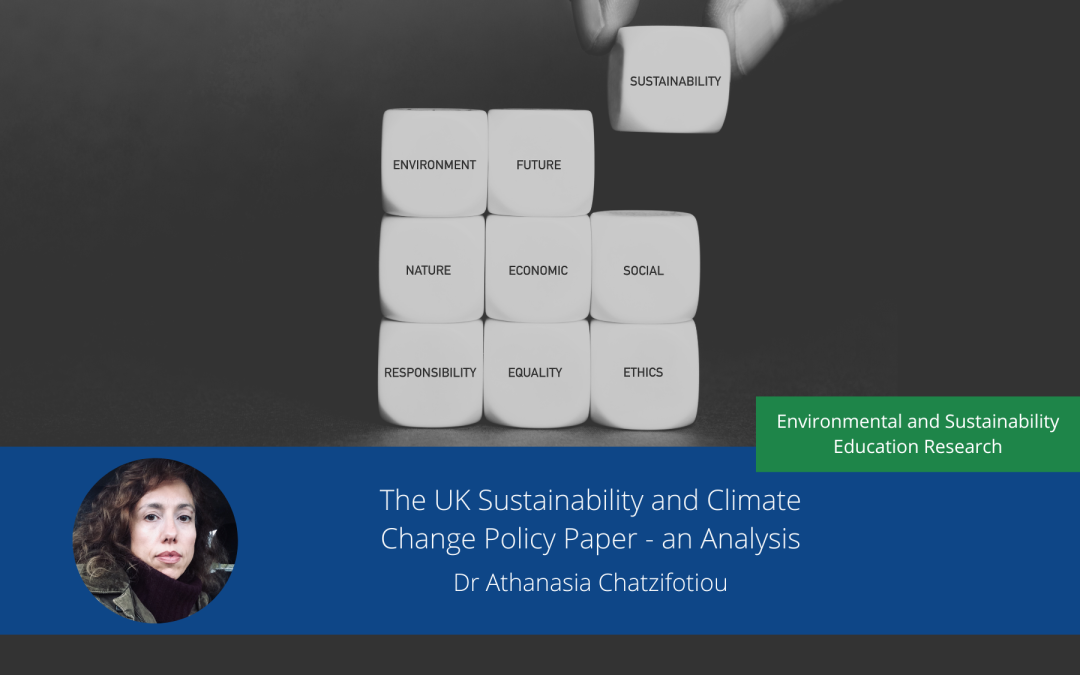
The UK Sustainability and Climate Change policy paper – An analysis
In April 2022, the UK Department for Education (DfE) published a policy paper laying out a strategy for the education and children's services systems on the topic of sustainability and climate change. Dr Athanasia Chatzifotiou, Senior Lecturer at the University of Sunderland in the UK took a closer look at the policy paper to help us understand its provisions and proposals.Key Messages The Strategy identifies the importance of sustainability and climate change aiming to reach teachers and other professionals engaged in a variety of children’s service systems. The Strategy has limitations that emanate from the language used and its actual content that is not presented in a clear and...
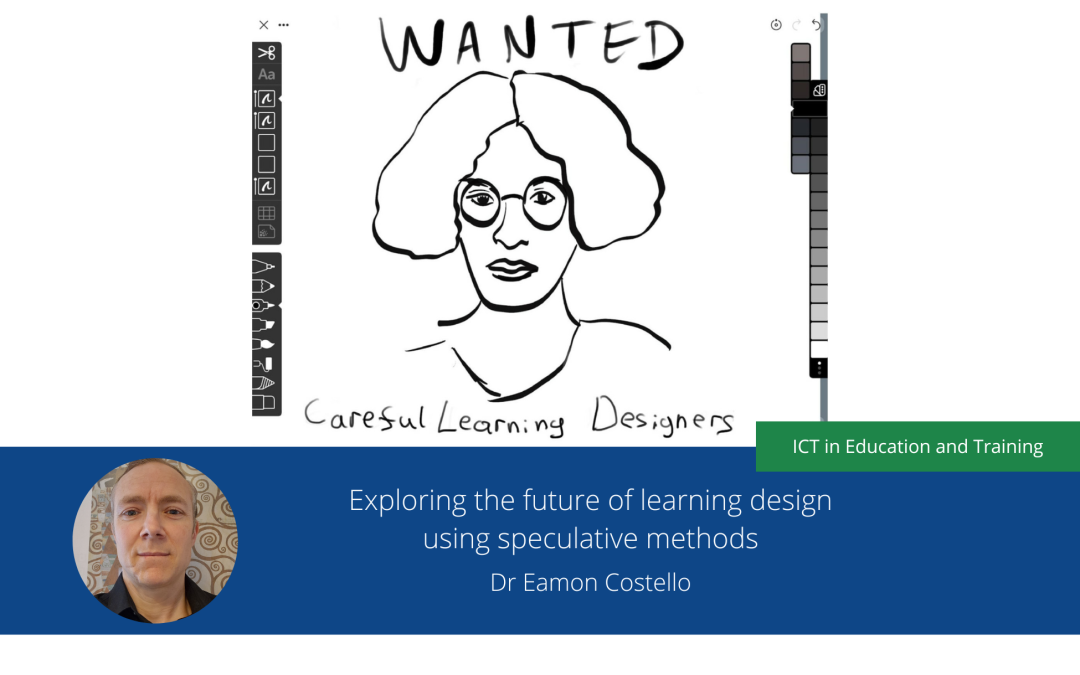
You’ve been hired! Exploring the future of learning design using speculative methods
The latest annual survey from the Association for Learning Technology (ALT) highlights the changes in the profession of those who work in the spaces where technology, teaching, and learning intersect. The brokers who work in these vital in-between places of education have been referred to as “third space professionals”. A range of titles is reported in the ALT annual survey by respondents, with the most common being “learning technologist”. For real, paid work, people apply for more prosaic-sounding jobs than that of a “third space professional”. There may be gaps, if not tensions, between academic parlance and how we speak in the real world. If this resonates with you, and you are a...
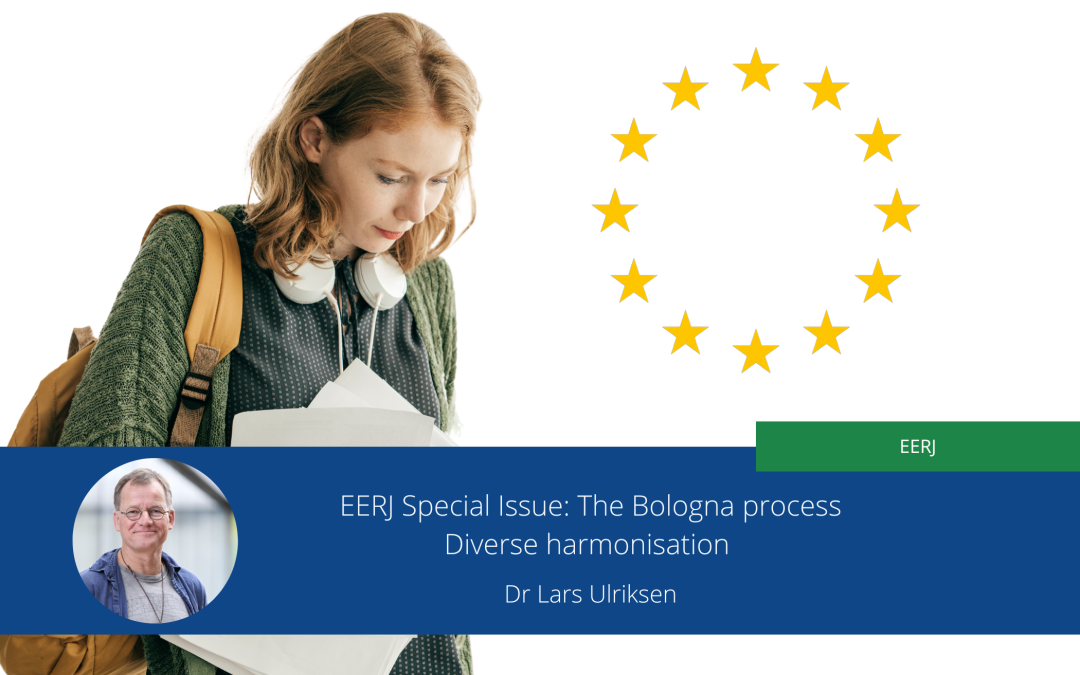
EERJ Special Issue: The Bologna process – diverse harmonisation
The European Educational Research Journal (EERJ) was created by EERA to further the aims of the association and its members, educational researchers across Europe. It is a scientific journal interested in the changing landscape of education research across Europe. It publishes double-blind peer-reviewed papers in special issues and as individual articles. As part of the ongoing cooperation with EERJ, the EERA blog will share updates and information about upcoming and published special issues and articles alongside blog posts from EERJ contributors. You can find out more about the EERJ and the benefits of a European journal presenting international educational research at the end of this...
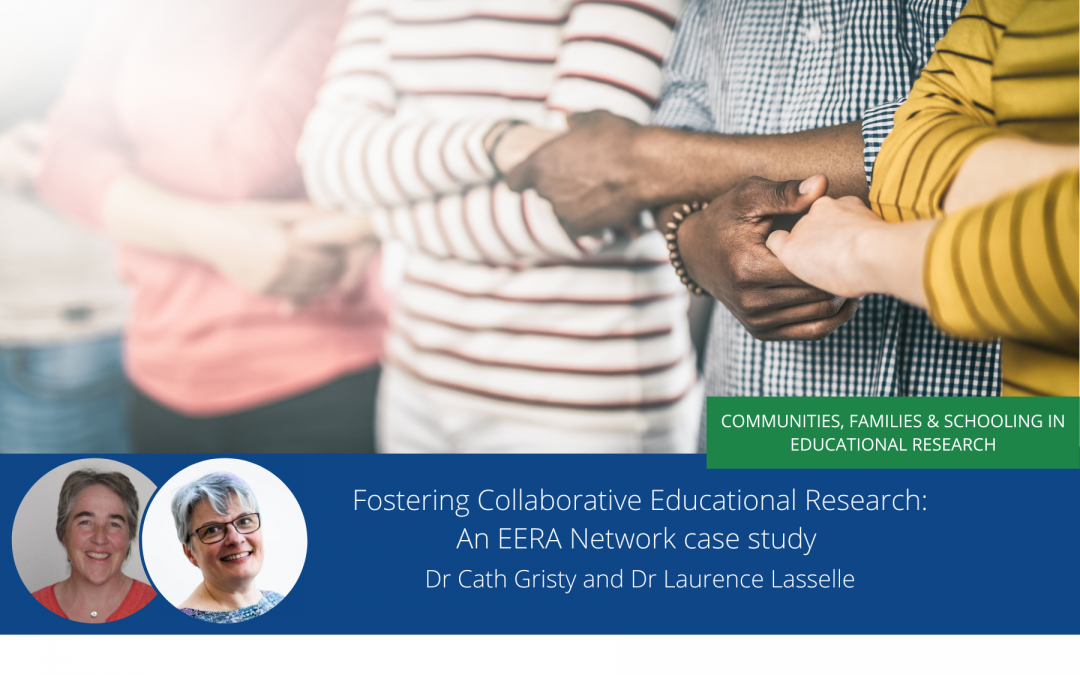
Fostering collaborative educational research: An EERA Network case study
The development and success of the book on educational research in rural Europe are a direct result of collaboration through an EERA network. The book includes contributions from a wide range of authors from across Europe, for some their first publication in English.
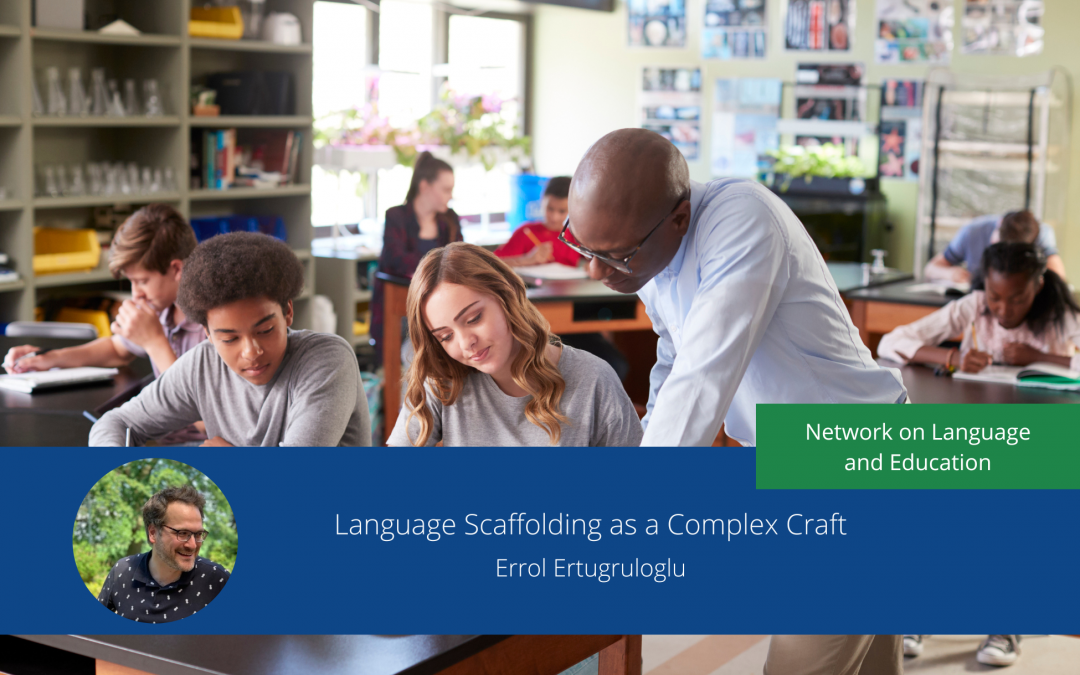
Language scaffolding as a complex craft
Teachers support students’ writing assessments beyond language or content, including disciplinary or broader academic literacy. A framework combining whole-class scaffolding, language levels, and scaffolding motivations can provide insights into the ways language scaffolds unfold in classrooms.
Write for the EERA Blog
If you’d like to contribute to the EERA blog, take a look at our Submission Guidelines to find out how to successfully pitch a blog post to our Editorial Team. Then send us a quick email to blog-mail@eera.eu
We look forward to hearing from you
